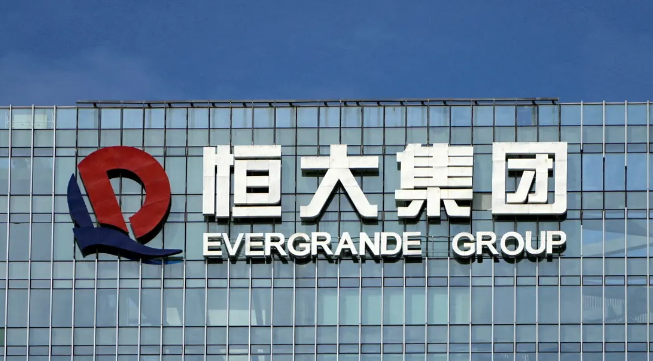From Real Estate to Global Concern: The Evergrande Story

Evergrande Group, often simply referred to as Evergrande, is one of China’s largest real estate developers. Founded in 1996 by Xu Jiayin in Guangzhou, the company rapidly expanded its operations over the years, not just in real estate, but into several other sectors including health, tourism, and even sports. Here’s a more detailed look into Evergrande and its significance:
Overview: Evergrande’s primary business revolves around property development. Over the years, the company has developed over 1,300 projects in more than 280 cities across China. Its ambitious endeavors made it one of the most prominent names in the Chinese real estate sector.
Diversification: Beyond real estate, Evergrande ventured into various sectors:
- Sports: Evergrande owns the Guangzhou Evergrande Taobao Football Club, one of China’s top football clubs. They have also invested in developing a football academy in partnership with Real Madrid.
- Health: The company launched Evergrande Health, focusing on health-related ventures.
- Tourism: Evergrande developed tourist resorts in several parts of China.
- Electric Vehicles: In recent years, Evergrande showed interest in the electric vehicle (EV) sector, aiming to become a major player in the industry.
Financial Challenges: Around 2020 and 2021, concerns began to emerge about Evergrande’s financial health. The company had accumulated a vast amount of debt, making it one of the most indebted companies globally. As China’s government tightened regulations on borrowing for real estate developers and sought to rein in the sector’s excesses, Evergrande faced increasing challenges.
These concerns came to a head in 2021 when reports suggested that Evergrande might struggle to meet its debt obligations, leading to fears of a potential default. Given the company’s size and its entanglement with many sectors of the Chinese economy, there were concerns that its financial troubles could have broader implications for the Chinese and global economies.
Global Implications: The potential fallout from Evergrande’s financial difficulties was closely watched by global markets. A collapse or major default by Evergrande could impact a range of entities, from banks and financial institutions that have lent money to the company, to suppliers, to other related industries, and even to individual homeowners and investors.
The Evergrande situation brought to the forefront the risks associated with excessive debt and the challenges of managing rapid growth in a changing regulatory environment. It also underscored the interconnectedness of the global financial system and how challenges in one part of the world can have ripple effects elsewhere.
Conclusion: Evergrande, from its inception, has been a symbol of China’s rapid urbanization and growth. Its rise mirrored the country’s emergence as a global economic powerhouse. However, its recent challenges serve as a reminder of the potential pitfalls of rapid expansion, high leverage, and the complexities of operating in a tightly regulated environment. The situation surrounding Evergrande is not just about one company’s financial health but offers insights into broader economic, regulatory, and global market dynamics.









